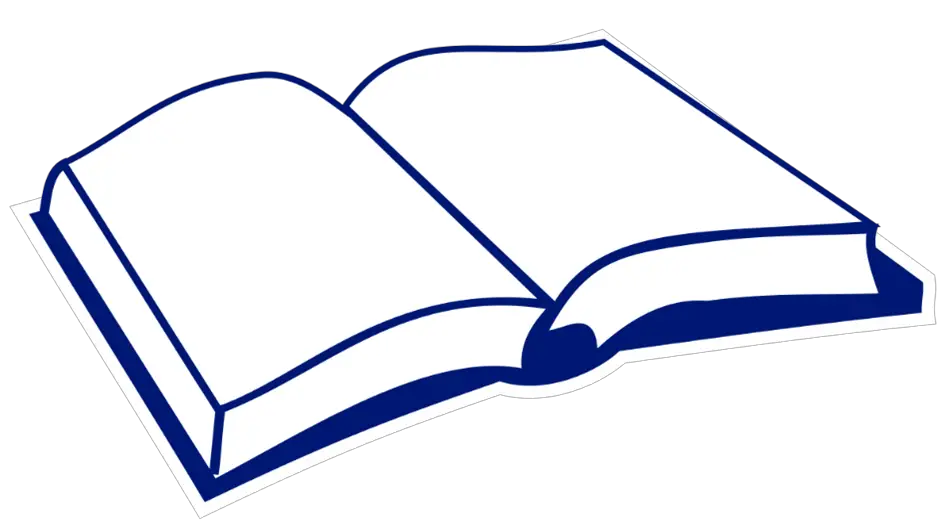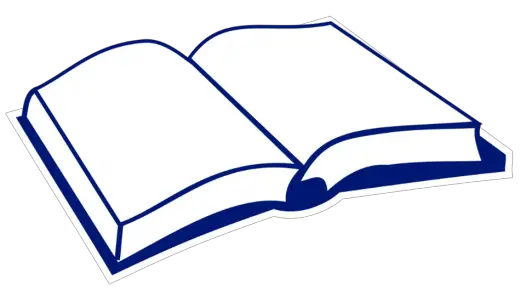Top educational books advice, Academic proofreading tips, Education publications guide
Top educational books
18 Sep 2021
Even in the era of technology, when everything is rapidly developing every day, and you can even do academic proofreading online, books will remain an effective source of knowledge. With the help of books, people grow intellectually, and is not this the meaning of life?
Top educational books reading guide
- “Speed Reading” by Peter Kamp
It seems that reading a book a day is unrealistic. But with the Kamp method, anyone can learn to read at least three times faster. Everything ingenious is simple: the essence of Kamp’s technique is that the hand is used as an indicator of reading speed. In total, the course will take six weeks.
The author pays a lot of attention to the degree of reading comprehension, which is no less important. Not only will you learn to read quickly, but you will also understand how to grasp key information on the fly.
- “How to Get Things Done” by David Allen
By mastering the principles of the GTD methodology, you will learn to manage your affairs and finish them on time without feeling any anxiety. GTD is applicable both at work and at home.
If you’ve never heard of the GTD system, read our beginner’s guide. And for those who have already heard, but have no idea how to apply the principles of productive work in practice, we advise you not to postpone reading Allen’s main book.
- “Foreign for Adults”, Roger Croesus, Richard Roberts
Of course, to learn any foreign language perfectly in a month is an overwhelming task. But in this book you will not find the grammar of any specific languages.
Cognitive psychologists Roger Croesus and Richard Roberts talk about the main approaches to learning languages depending on age and memory characteristics. They also tell you how to make the learning process most effective.
- “Author, scissors, paper”, Nikolay V. Kononov
The editor-in-chief of secret company and author of The Durov Code and God Without a Machine shares his 14-step method to help newbies write better. He clearly explains the principles of working with different texts – articles, slogans, longreads, essays. The book helps a lot to put things in order in the head and, with specific examples, explains how it is to write better.
- Take Pictures Every Day by Susan Tuttle
The most useful master class for beginner photographers. Tuttle not only shares his experience, but also explains in detail all the professional terminology and principles of good photography – portraits, landscapes, photographs of food or animals. A separate plus is for analyzing the topic of mobile photography, because now smartphones also allow you to take high-quality professional pictures.
- “You can paint in 30 days”, Mark Kistler
With just 20 minutes a month, you can draw any objects – buildings, portraits, geometric shapes. The main rule is one – classes should be regular.
Kistler, the world famous art teacher, explains the basic principles of creating depth in an image, perspective, lighting. In addition, here you will find step-by-step instructions and can compare your work with the paintings of other students.
- “TED Presentations” by Carmine Gallo
Gallo interviewed TED speakers, analyzed hundreds of talks, and made recommendations based on personal experience so you can deliver a talk that is as powerful and memorable as the conference is famous for. The secret is in nine techniques that will help to surprise the audience and convey your ideas to them.
- “Lessons of Improvisation”, Patricia Madson
The ability to improvise is useful not only for actors and musicians on stage. Patricia Madson, an acting teacher with 30 years of experience, is convinced that the habit of improvising in any circumstance makes a big difference in the way of life. You will no longer be afraid to try new things, you will more easily perceive unexpected problems, and you will be able to react faster to changes in plans.
- “Pyrology for Beginners”, Irina Chadeeva
The ability to bake a delicious cake is an extremely useful skill. Your friends and family will especially like it. Irina Chadeeva talks about all the stages of making perfect baked goods from the very basics – types of dough and fillings, calculation of ingredients, selection of additional equipment. All this – with visual and beautiful photographs. Of course, there are many great recipes in the book that even a novice pyrologist can handle.
- “What Do I Talk About When I Talk About Running,” Haruki Murakami
This is not a running tutorial, although you will find some helpful rules in the storytelling. Rather, it is a story of personal experience and an inspiring story of Murakami’s sincere love for constant movement. This book will give you the right boost of motivation if you are thinking about going out for a run, but for some reason put it off all the time.
Comments on this guide to Top educational books article are welcome.
Library Buildings
Library Building Designs – selection from the e-architect website:
Stephen A. Schwarzman Building, New York City, NY, USA
Design: Mecanoo with Beyer Blinder Belle, architects

image courtesy of architects
New York Public Library Stephen A. Schwarzman Building
J Robin Warren Library, University of Western Australia
Design: Hames Sharley

photo © Dion Robeson
J Robin Warren Library
Buildings
Library and Education Architecture Design Articles
Comments / photos for the Top educational books advice page welcome






